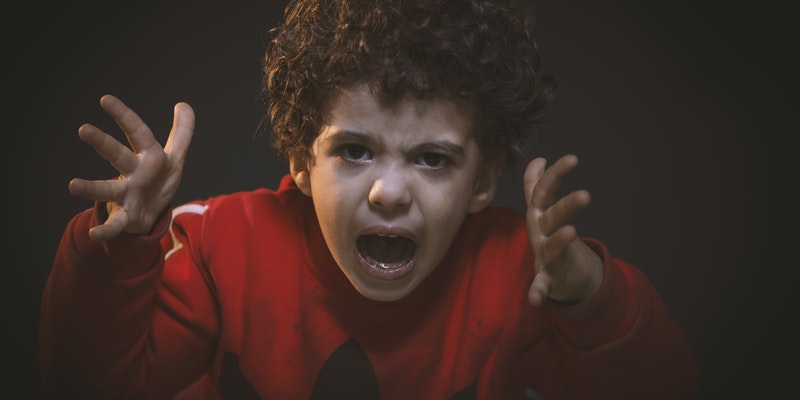
As a parent, you must be familiar with that situation when your child gets angry either because he/she didn’t get that snack they wanted, or because of that toy, the playmate refused to share. And do you remember your reaction in that situation? Was it was one of complete annoyance, which probably manifested itself in raising your voice at your child, or did you simply send your child off to their room to reflect.
This might be what you felt was the right course of action at the time, but perhaps if we stopped to think about the fact that children are human beings as well and just like us adults, they do need to be taught to manage that emotion.
Anger in itself is an emotion all of us have and in as much as it neither a good or bad one, the way we deal with it can be just as constructive as it can be destructive. We, therefore, need to show our children how to deal with such an emotion, so that it is displayed in a proper way. What you’ll also notice is that a number of child behaviour issues (disrespect, aggression, conflict etc) can be curbed once a child is taught how to handle their anger.
Some of these tips have been listed below:
Difference between behaviour and feelings
Children are generally unable to differentiate between anger / aggressive behaviour and feelings. This has to be made clear to them so they are able to distinguish between the two. Help your child understand the difference and let them know it is ok to talk about their feelings of annoyance, disappointment etc Pointing out to your child that feeling angry is ok – it is just another emotion we have as humans, but they just need to know how to manage it and there’s no need for it to manifest itself in the form of violence.
Talk it through
As their parent; you could get to the root of the matter by having a conversation with your child about what triggered their anger. By talking this through with your child, he/she might calm down. They might not feel too comfortable talking to you about what’s troubling them at the time, in which case you could suggest they go and cool off then revisit the matter at a later time in the day.
Teach by doing
Your child will normally emulate your actions, which means we have to be on our best and model behaviour at all times. Having said this, it is also good for your child to see how you cope with your anger issues – I mean, let’s face it; we all lose it at some point. If that happens to be in front of your child, you should apologise and have that discussion letting them know that what you did was not the right thing to do.
If you have been able to hold it all together and have never let it slip in front of your child, a chat would also be in order, to let them know of instances where you have felt such emotions and most importantly, how you handled it. This can be a good way for a child to learn how to discuss their feelings.
Implement house rules and guidelines
Set the standard for what is acceptable behaviour and not. This will help instill the norm not just in the household, but also in your child – remember; charity begins at home. Whatever your child has been raised with, is likely to be what he/she practices wherever they go. Once everyone is clear about what constitutes a violation of the rules as well as the possible consequences, this should create a healthy interaction between members of the household. The rules could include:
The above are just examples and will vary for each family.
Nurture better approaches
As already stated, children do need to be educated on the best ways to handle their anger. Instead of simply telling your child to ‘stop it!’, advise them of what to do, to help them cope with their frustration e.g. time out, to help them cool down as opposed to being used as a punishment tool.
Other relaxation techniques could be for your child to walk away from the situation - to go off and (possibly) look for an enjoyable activity to do, to help calm him/her down and take their mind off that situation.
Teaching your child skills on how to effectively manage their anger, will help develop their behaviour while instilling in him/her essential skills for life.